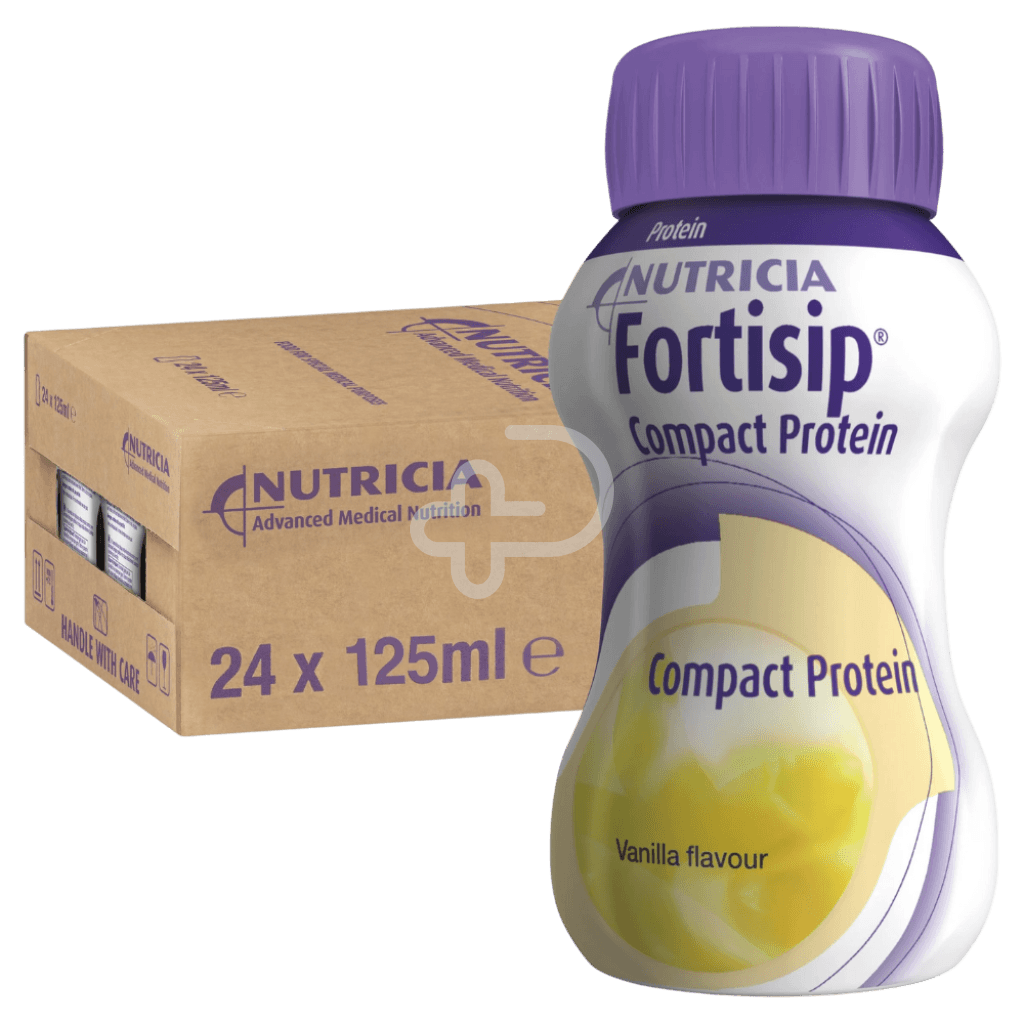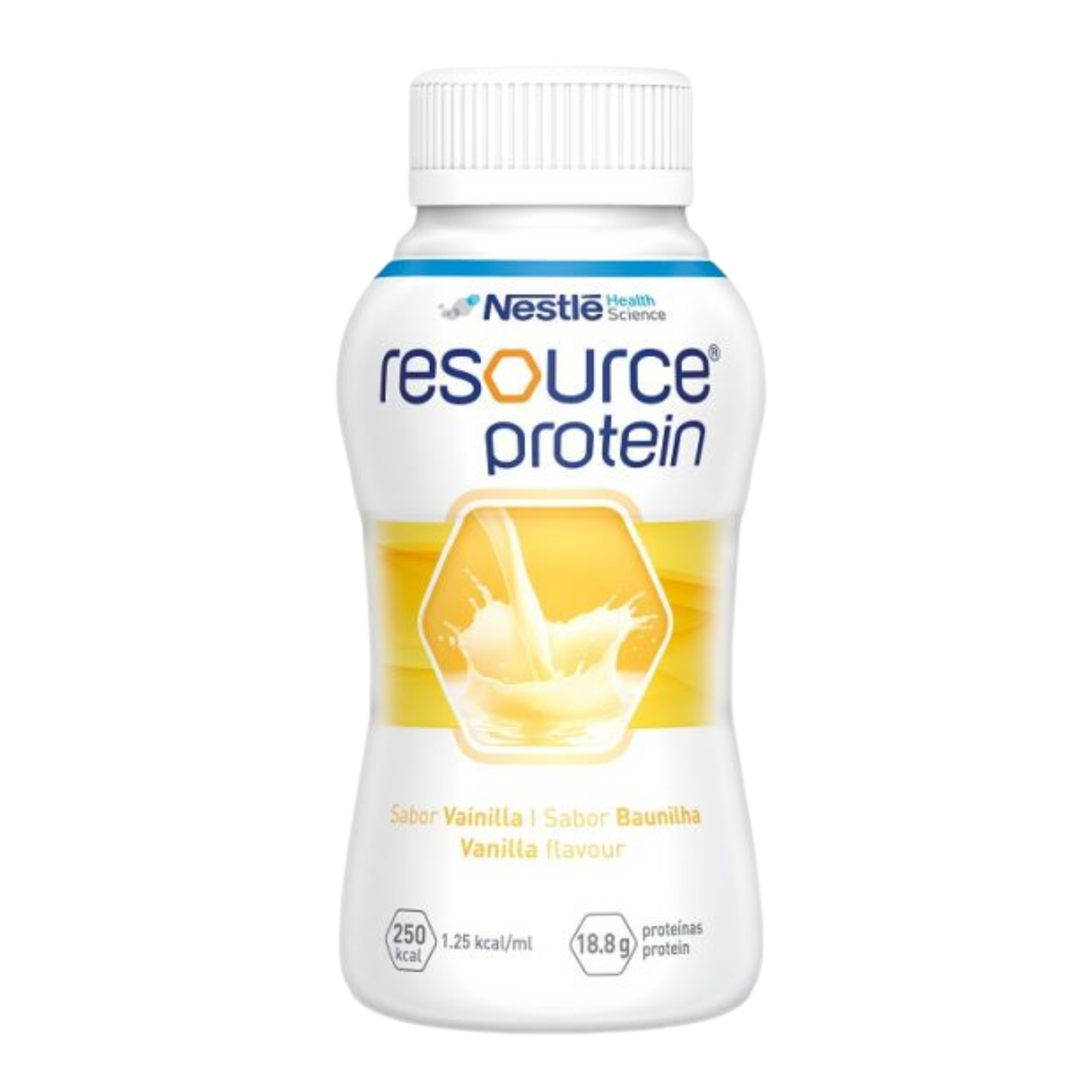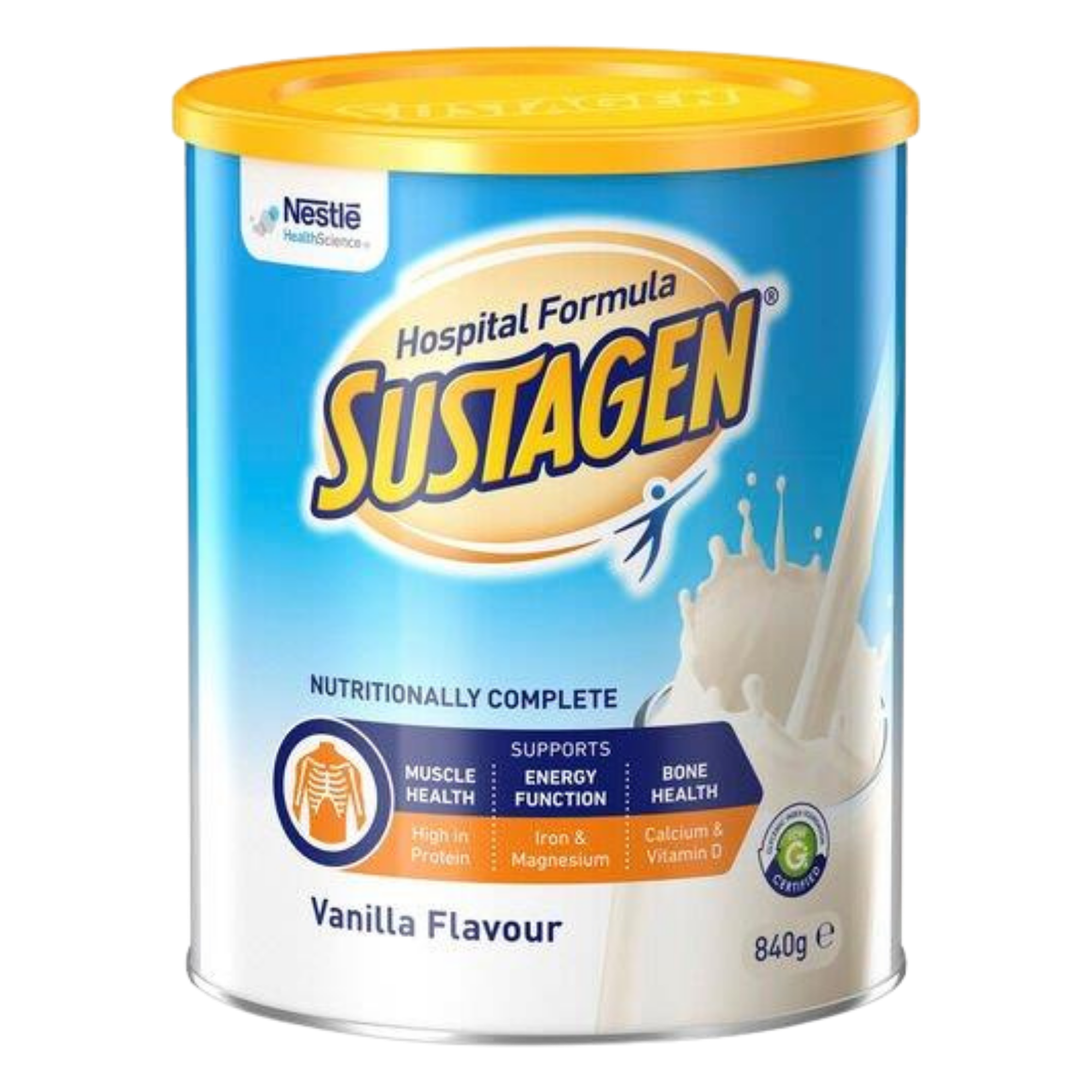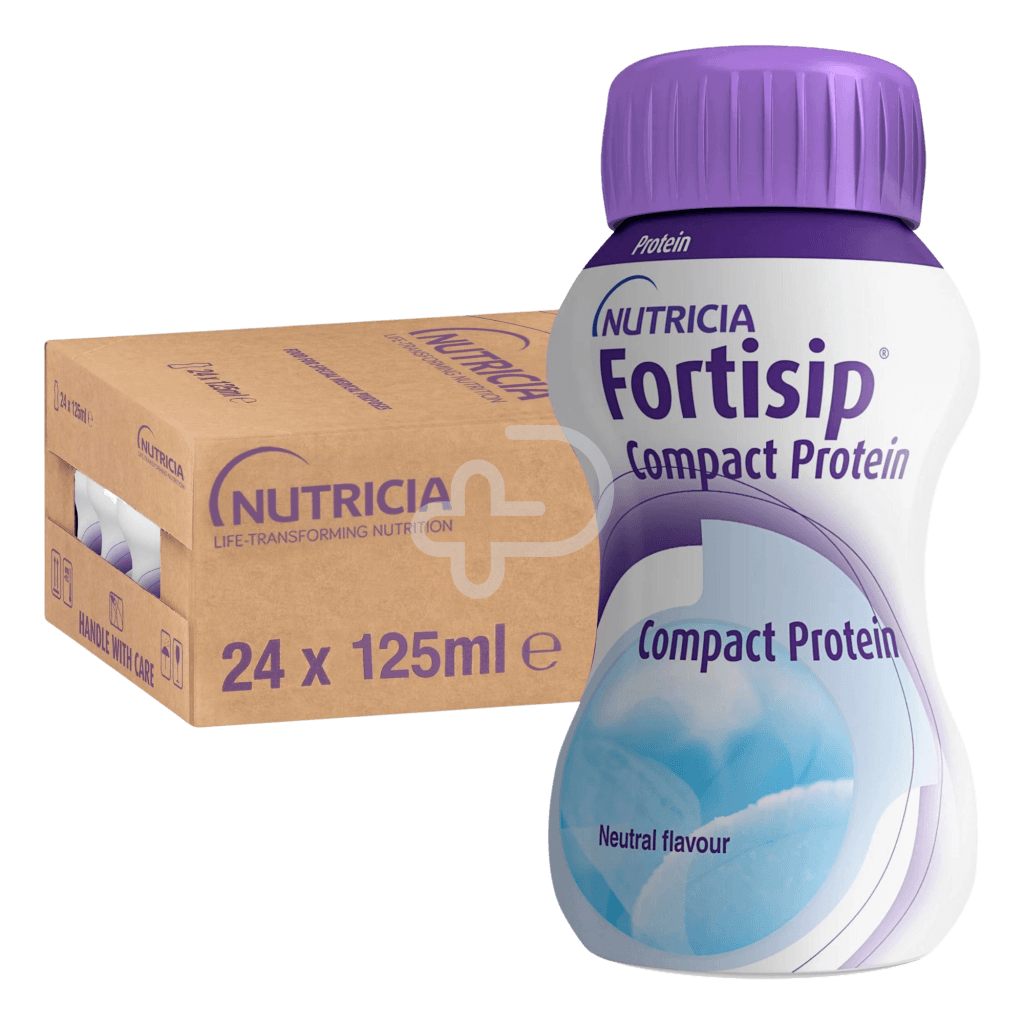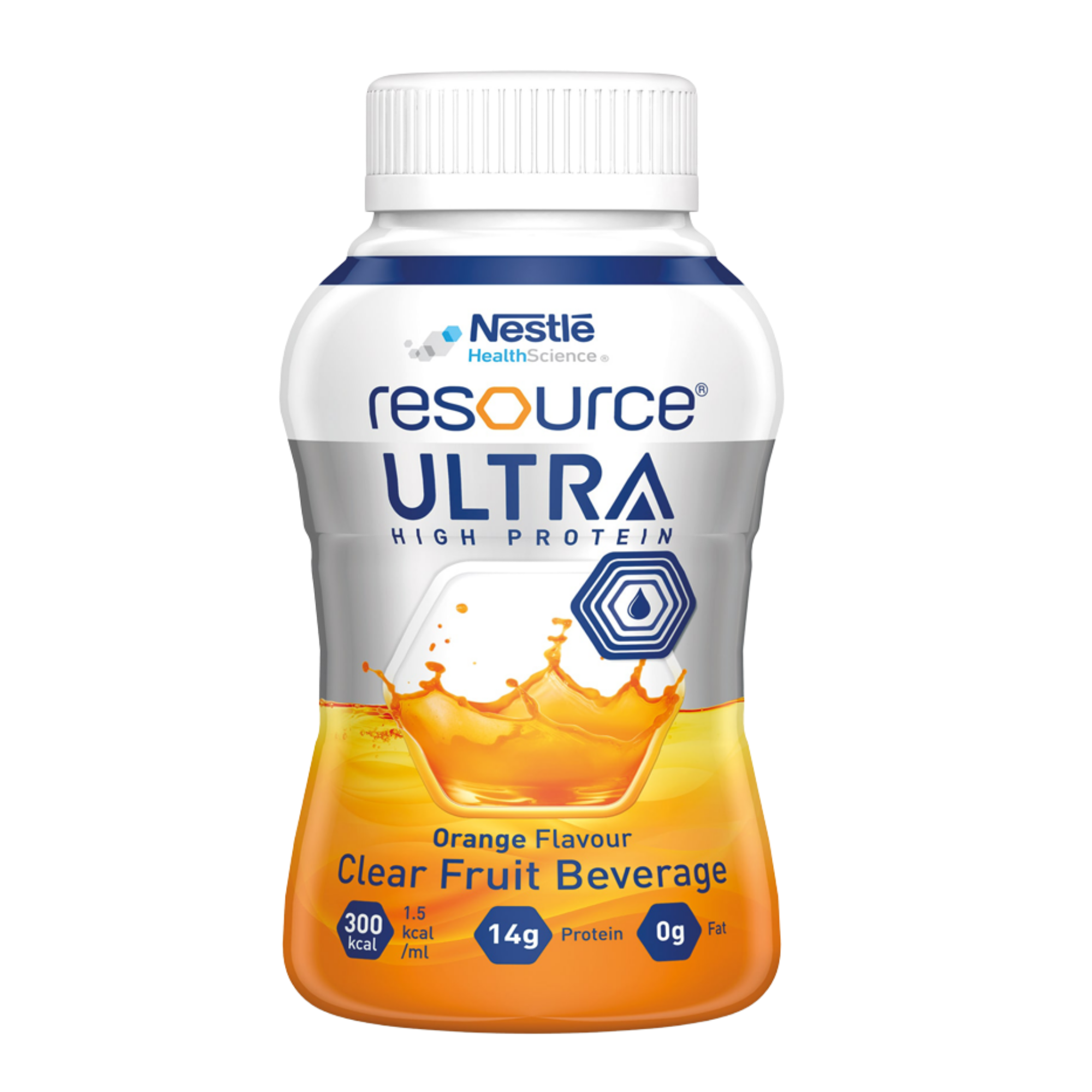How to Choose the Right Nutritional Supplement for Different Needs

Walking down the supplement aisle can feel like decoding a foreign language. Protein shakes. High-energy drinks. Fibre powders. Something for bones, something for brains — but which one actually helps?
If you’re caring for someone recovering from illness, living with disability, or simply ageing gracefully, the right supplement can make a real difference. The key? Matching the product to the person’s unique needs.
In this guide, we’ll break it down. No guesswork. No jargon. Just clear advice on what to choose, when, and why.
One Size Doesn’t Fit All: Matching Supplements to Real Needs
Not every body has the same needs — and not every supplement is built for the same job. What helps one person feel stronger might do little for someone else. That’s why understanding the why behind supplement use is just as important as the what.
According to the NIH’s News in Health, most people can get the nutrients they need from food, but certain groups — such as older adults, people recovering from illness, or those with specific medical conditions — may need supplements to fill the gaps or support their health goals.
Here are some of the most common reasons people turn to nutritional supplements — and what to look for in each case:
1. Recovery from Illness or Surgery
When the body’s been through a tough time, it needs extra support to heal. Supplements rich in protein, energy, and essential vitamins and minerals can help rebuild tissue, boost immunity, and fight fatigue. Ready-to-drink options are great for those with low appetite or difficulty chewing.
NIH notes that people with certain health conditions may not absorb nutrients well from food alone — making supplementation a valuable tool during recovery.
2. Unintentional Weight Loss or Low Appetite
For seniors, people with disabilities, or anyone experiencing appetite changes, keeping up with calorie needs can be tricky. High-calorie oral nutritional supplements are designed to be easy to drink and easy to digest — often available in comforting flavours like vanilla, chocolate, or banana.
3. Digestive Issues or Food Intolerances
Digestive discomfort can block proper nutrient absorption. If someone deals with bloating, diarrhoea, or diagnosed intolerances, it’s best to look for low-lactose, gluten-free, or fibre-friendly formulas to avoid triggering symptoms while still getting the necessary nutrition.
4. Ageing and Nutritional Gaps
As we age, our bodies need more of certain nutrients — especially vitamin D, calcium, B12, and protein. These help maintain muscle mass, bone strength, and brain function. Supplements can fill in where diets fall short, especially when appetite or meal variety declines.
According to NIH, older adults are one of the groups most likely to benefit from supplements due to natural age-related changes in digestion and appetite.
5. General Boost for Busy Lives
Some people aren’t unwell — just busy. If meals are skipped or fast food becomes the norm, a balanced supplement drink with protein, carbohydrates, and essential micronutrients can help top up daily needs. It’s not a replacement for real food, but it can be a useful fallback.
How to Read Supplement Labels (Without the Headache)
Let’s be real: reading a supplement label can feel like trying to decode a secret government file. Serving sizes in tiny fonts, ingredients you can’t pronounce, and a million numbers — all before your first coffee? No thanks.
But here’s the good news: you don’t need to be a dietitian to figure it out. With a few simple tricks (and a healthy dose of label-scepticism), you can confidently pick the right supplement without falling for the buzzword bait.
Let’s break it down — minus the headache.
1. Supplement Facts ≠ Marketing Facts
Always start with the “Supplement Facts” panel — not the flashy stuff on the front. This little box is where the truth lives. It shows you exactly what’s inside, how much of it you’re getting, and how that stacks up against what your body needs each day.
According to the FDA, anything with 20% or more of your Daily Value (DV) is considered a high source — great for things like calcium or protein. Less than 5%? Probably not worth writing home about.
2. Check the Serving Size — It’s Sneaky
Think one bottle = one serve? Think again. Sometimes a “serving” is two scoops, half a bar, or even just a quarter of a drink. If you’re not paying attention, you could be doubling up or falling short — without even realising.
Top tip: Always check how much you’re actually supposed to take before assuming you’ve nailed it.
3. Read the Ingredients List Like a Detective
Once you’ve checked what’s in the product, peek at what’s also in there. Some supplements are loaded with fillers, artificial sweeteners, or allergens that may not sit well — especially if you’re dealing with gut sensitivities.
Healthdirect Australia recommends keeping an eye out for sneaky extras like sugar, preservatives, and allergens — especially in ready-to-drink or flavoured options.
If it sounds more like a chemistry set than something you’d drink — maybe give it a pass.
4. Don’t Fall for the Hype Words
“Immune boosting!” “Superfood powered!” “Backed by science!” Sound familiar? These phrases are designed to sell — not to inform.
According to Healthline, most of these claims aren’t regulated. Instead of getting dazzled, look for actual nutrient quantities and ingredients with proven benefits.
If it sounds too good to be true — it probably just has great marketing.
5. Look for the Fine Print That Matters
In Australia, legit supplements have an AUST L or AUST R number — that means they’re listed or registered with the Therapeutic Goods Administration. This adds a layer of safety, quality control, and peace of mind.
Bonus points if the product has been third-party tested. That’s when you know you’re getting what the label promises — and not just a fancy milkshake in disguise.
Bottom line? If you can read a nutrition label, you can read a supplement label — and you don’t need to stress over the small print. Just know what to look for, trust your gut (literally), and don’t let clever packaging do all the talking.
Choosing by Health Goal: What Does Your Body Need?
When it comes to supplements, one person’s must-have might be another’s meh. That’s because it’s not just what’s in the bottle — it’s what your body needs that matters.
According to Healthline, the best supplements support your specific health goals and fill real nutritional gaps — not just trends or marketing claims. So let’s take the guesswork out of it.
Here’s how to match your supplement to your current health goal — whether that’s bouncing back from illness, boosting energy, or staying sharp as you age.
1. Goal: Gaining Weight & Energy
Loss of appetite, chronic illness, or just getting older — whatever the cause, unintentional weight loss can drain your energy and resilience. The fix? High-calorie, nutrient-dense drinks that make every sip count.
Look for: 300+ calories per serve, balanced carbs and fats, and added protein
Bonus if: It’s available in creamy flavours like vanilla or chocolate — trust us, taste matters
Try: Fortisip Compact Protein or Ensure Plus
Stanford Longevity Center recommends considering bioavailability — the form of nutrients and how easily your body can absorb them — especially when appetite is low.
2. Goal: Supporting Recovery After Illness or Surgery
Post-surgery? Long illness? Your body’s in rebuild mode. It needs extra protein, vitamin D, and antioxidants to repair tissue and regain strength.
Look for: 15g+ protein, vitamin C, D, zinc, and B vitamins
Bonus if: It’s ready-to-drink, so there’s no prep when you’re low on energy
Try: Resource Protein, Fortisip, or specialised recovery blends
Harvard Health notes that supplements can play a role in filling short-term nutrient gaps during recovery — but they shouldn’t be used forever or replace food.
3. Goal: Staying Sharp and Independent with Age
As we age, the body gets fussier — absorbing less B12, producing less vitamin D, and gradually losing muscle. The right supplement can help keep minds sharp and bodies mobile.
Look for: Vitamin D, B12, calcium, magnesium, and protein
Bonus if: It’s formulated for seniors, with easy-to-digest forms of key nutrients
Try: Sustagen Hospital Formula, Ensure Plus Strength, or Boost Senior Essentials
Healthline recommends checking for third-party certifications and avoiding megadoses, especially in older adults who may be taking other medications.
4. Goal: Gentle Nutrition for Sensitive Tummies
Some supplements are too harsh for delicate digestive systems. If bloating, nausea, or food sensitivities are part of the picture, choose low-lactose, gluten-free, and minimal-ingredient formulas.
Look for: Lactose <2g/100g, no gluten, no added fibre
Bonus if: It’s tested to below 5ppm gluten and includes allergy info clearly
Try: Fortisip Compact Protein (low-lactose and gluten-free) or elemental nutrition options
Stanford cautions that supplement additives can cause side effects — always check the ingredient list, especially for artificial colours or preservatives.
5. Goal: Everyday Health Boost
You don’t need to be unwell to benefit from a supplement. For busy days, missed meals, or picky eaters, a balanced daily drink can help fill the gaps.
Look for: A mix of protein, carbs, vitamins, and minerals
Bonus if: It’s portable and shelf-stable — something you can toss in a bag or keep on hand
Try: Nestle Resource Ultra, Nestle Resource 2.0, or a generic complete nutrition drink
Harvard suggests choosing supplements with modest, evidence-backed dosages — and viewing them as support, not shortcuts.
Need Help Choosing? Visit Our Epping Store!
Still feeling unsure about which supplement is right for you or someone you care for? Sometimes, it helps to talk to a real human — especially when health’s involved.
We stock trusted brands like Fortisip, Ensure, Sustagen, and more — with plenty of ready-to-drink options you can try for yourself. And if you’ve got dietary needs or medical concerns, we’re happy to help you find something that fits.
📍 Visit us at2/51 Trafalgar Road, Epping, VIC
🕘 Opening hours: Monday to Friday, 9am–5pm
📞 Prefer to chat first? Call us on 1300 60 44 99
Because sometimes, the best support isn’t just what’s on the label — it’s who you’ve got helping you read it.
Need Personalised Advice? Speak to a Nutrition Expert
While this guide is packed with helpful tips, choosing the right nutritional supplement is personal — especially when medical conditions, medications, or swallowing difficulties are involved.
If you’re unsure about what’s right for you or someone you support, it’s best to speak with:
- A speech pathologist – especially if swallowing (dysphagia) is a concern. They can assess and recommend suitable products based on texture, safety, and individual needs.
- A nutritionist or accredited practising dietitian – for tailored advice on energy, protein, hydration, and managing health conditions through diet and supplements.
- Your GP or care team – who can help with referrals, medical assessments, or guidance through programs like My Aged Care or the NDIS.
Your health is unique — and expert guidance ensures you're making choices that are right, safe, and sustainable.
Ready to Find the Right Supplement? Let’s Make It Easy
Choosing the right nutritional supplement doesn’t have to be overwhelming. When you match the product to the person — their goals, their lifestyle, and their health needs — supplements become more than just bottles on a shelf. They become tools for strength, healing, independence, and energy.
Whether you’re supporting recovery, managing weight loss, or just trying to stay on top of your health, there’s a supplement out there to help. And you don’t have to figure it out alone.
At Platinum Health Supply, we’re more than just a healthcare supplies provider in Victoria — we’re your partner in care. Visit our Epping store or give us a call, and we’ll help you navigate the options with confidence and care.
Need a hand? Browse our most popular nutrition products online or come by the store to chat with our friendly team.
Important Disclaimer
The information in this blog is intended as a general guide only and does not replace professional medical or dietary advice. All medical information written in this blog uses references from publicly available articles and published research papers from academic bodies.
Always consult with a qualified healthcare professional — such as a GP, speech pathologist, nutritionist, or dietitian — before starting any new nutritional supplement, particularly if you have underlying health conditions, are recovering from illness, or are caring for someone with complex needs.
